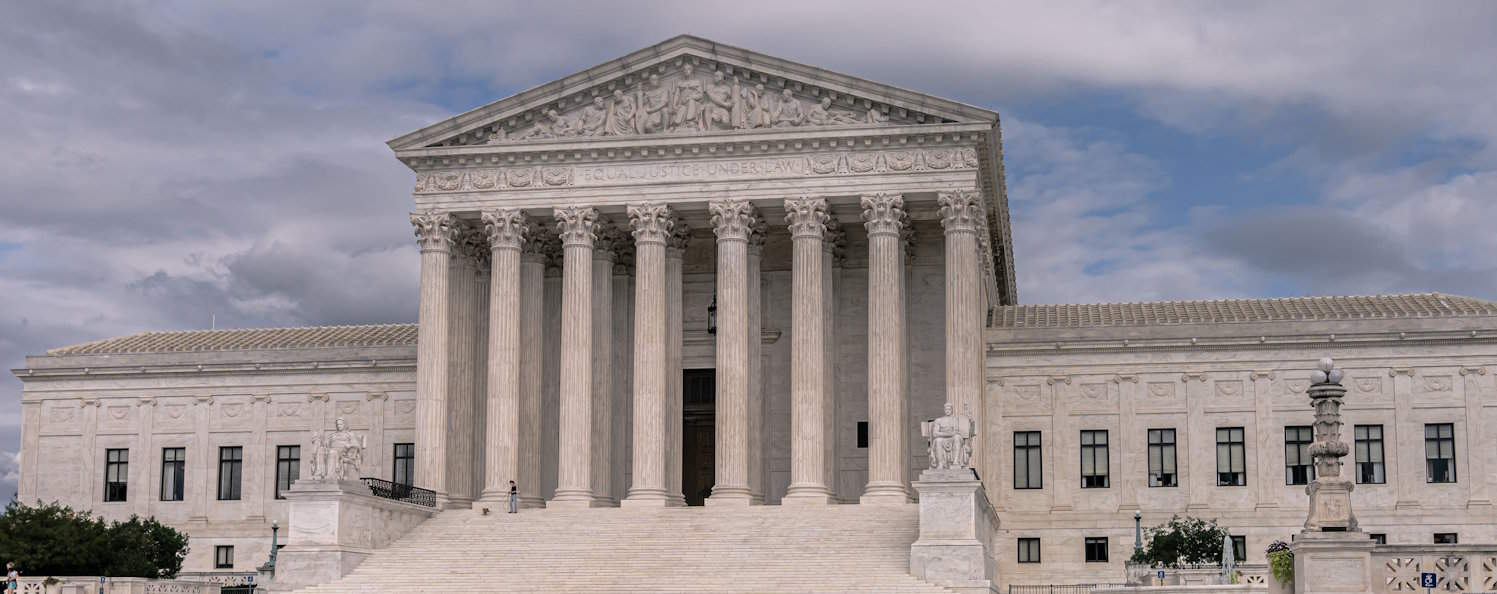


In a monumental move towards restoring the constitutional principle of equal protection, the recent Supreme Court decision in the cases of Students for Fair Admissions v. Harvard and v. University of North Carolina has curtailed affirmative action policies at colleges and universities. This decision marks a significant step in restoring fairness and ensuring equal opportunities for all Americans. In the aftermath of this landmark ruling, it is crucial to examine the implications it holds, especially in states like Idaho, where affirmative action in public education was banned years ago. Despite this ban, racial and gender discrimination programs persist on campuses, through diversity, equity, and inclusion (DEI), highlighting the need for further action beyond the prohibition of affirmative action.
The Supreme Court cases brought by Students for Fair Admissions considered whether the admissions systems used by Harvard College and the University of North Carolina were lawful under the Equal Protection Clause of the Fourteenth Amendment. Both universities had practiced this discrimination against ethnic and racial minority students including Asian Americans, in an attempt to ensure “equal” outcomes.
The court ruled 6-3 in the University of North Carolina case, and 6-2 in the Harvard dispute that both admissions programs cannot be reconciled with the guarantees of the Equal Protection Clause. "Both programs lack sufficiently focused and measurable objectives warranting the use of race, unavoidably employ race in a negative manner, involve racial stereotyping, and lack meaningful endpoints. We have never permitted admissions programs to work in that way, and we will not do so today,” wrote Chief Justice John Roberts.
The decision established the precedent that there is no room in our free society for racial or gender quotas or for setting racial proportionality as an official goal. Any use of race or gender preferences to give favor to one group of Americans over another is immoral and wrong. It violates our civil rights and constitutional freedoms.
All Americans deserve equal opportunities in higher education that are based on their hard work and merits, not on their immutable characteristics or group identity.
Years ago, Idaho took a decisive step by banning affirmative action in public education, including in hiring practices, contracting, and admissions. However, despite this ban, the persistence of race and gender discrimination programs on campuses demonstrates that more needs to be done.
As I highlighted last year, examples of discriminatory treatment in Idaho higher education abound where DEI initiatives maturate.
One such example is Boise State University’s Women in STEM, Medicine and Law Scholarship which, as the program name indicates, is a female-only scholarship that “was created to help female students at Boise State feel supported to pursue any degree and career path they choose.” Further, the scholarship website says, “Donate today to support Boise State women in STEM, medicine and law in achieving their dreams.” This discriminatory, anti-male program compromises excellence in an effort to fill group quotas on campus. It excludes men, even though the law forbids such discrimination.
The United States Office of Civil Rights (OCR) is currently investigating the university’s Women in STEM, Medicine and Law Scholarship after a complaint was filed alleging that the university is violating Title IX of the Education Amendments of 1972. Idaho State University was also investigated recently by OCR for discrimination on the basis of sex by providing scholarships restricted to or stating a preference for female students. After being notified of the investigation, Idaho State University deleted any restriction to preference based on sex from the scholarships.
The University of Idaho’s Women in Engineering program presents a similar problem. Furthermore, in hiring practices, the University of Idaho’s Diversity Plan requires the creation of “strategic hiring initiatives that target women and underrepresented and diverse groups in all units.” A Chief Diversity Officer, earning a salary of $141,586, is dedicated to carrying out those goals.
DEI offices on college campuses foster many discriminatory campus events and activities. For example, The University of Idaho also has a Black Cultural Center to provide a “safe space for black students.” The dedicated director, Mario Pile, has claimed he will “reach out to more potential Black students. . . to enroll at the university.” Additionally, Boise State’s Student Equity Center, which claims to model diversity and advocate for equity, hosts several racially discriminatory graduation ceremonies, including a “Black Excellence Stole Celebration” for black students, LGBTQ-only graduation ceremonies, and the “LatinX Stole Celebration” for Latinx students.
While banning affirmative action was an essential initial step, it is clear that Idaho must do more to address the persisting discriminatory practices on its campuses.
First and foremost, the Legislature should abolish all DEI offices and positions at colleges and universities. The State Board of Education’s recent action to prohibit requesting or requiring “diversity statements” in university hiring practices suggests that abolishing DEI initiatives that foster racial and gender-based grievances is a logical next step. The Attorney General should also investigate such programs and policies to determine if they are illegal under Idaho law.
The recent Supreme Court decisions in the Students for Fair Admissions cases have indeed restored the constitutional principle of equal protection, marking a landmark achievement in the pursuit of fairness and equality for all Americans. However, it is essential to acknowledge that simply banning affirmative action is not sufficient to eliminate discriminatory practices on college campuses. States like Idaho must recognize the need for additional measures to restore colorblind equality and meritocracy in our institutions. By abolishing DEI bureaucracies the state can foster an environment of genuine equality and ensure that every individual, regardless of their immutable characteristics, has an equal opportunity to pursue their educational aspirations and contribute to a prosperous society.


